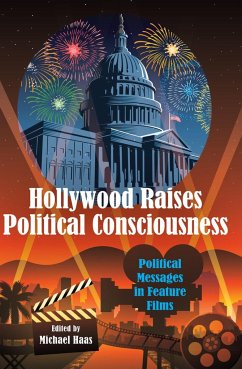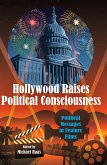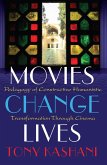Feature films are jam-packed with political messages. This volume provides the tools for analyzing the politics embedded in films. Contributors reveal how subliminal messages are a clue to how the public perceives political reality through otherwise entertaining feature films.
The volume is divided into two parts: Part One focuses on defining political films while Part Two looks at how "politics" is defined within films. Contributors find several ways of defining "political films", but agree that while the messages in films may often seem progressive, they are usually quite conservative, with the aim of making as much money as possible for the people financing the films.
The book provides a history of political film and identifies several hundred films with specific political messages.
The volume is divided into two parts: Part One focuses on defining political films while Part Two looks at how "politics" is defined within films. Contributors find several ways of defining "political films", but agree that while the messages in films may often seem progressive, they are usually quite conservative, with the aim of making as much money as possible for the people financing the films.
The book provides a history of political film and identifies several hundred films with specific political messages.
«It's indisputable that films contain messages. Most messages have meaning to the sender, some consciously intended, some not. Many of these messages, whether intended or not, have social impact, much of which eventually must be understood as political. I know of no one who has made more of a study of the political impact of the messages we ingest, whether we're aware of it or not, than has Michael Haas.» (Mike Farrell, star of M_A_S_H and Providence and author of «Just Call Me Mike: A Journey to Actor and Activist» and «Of Mule and Man»)








